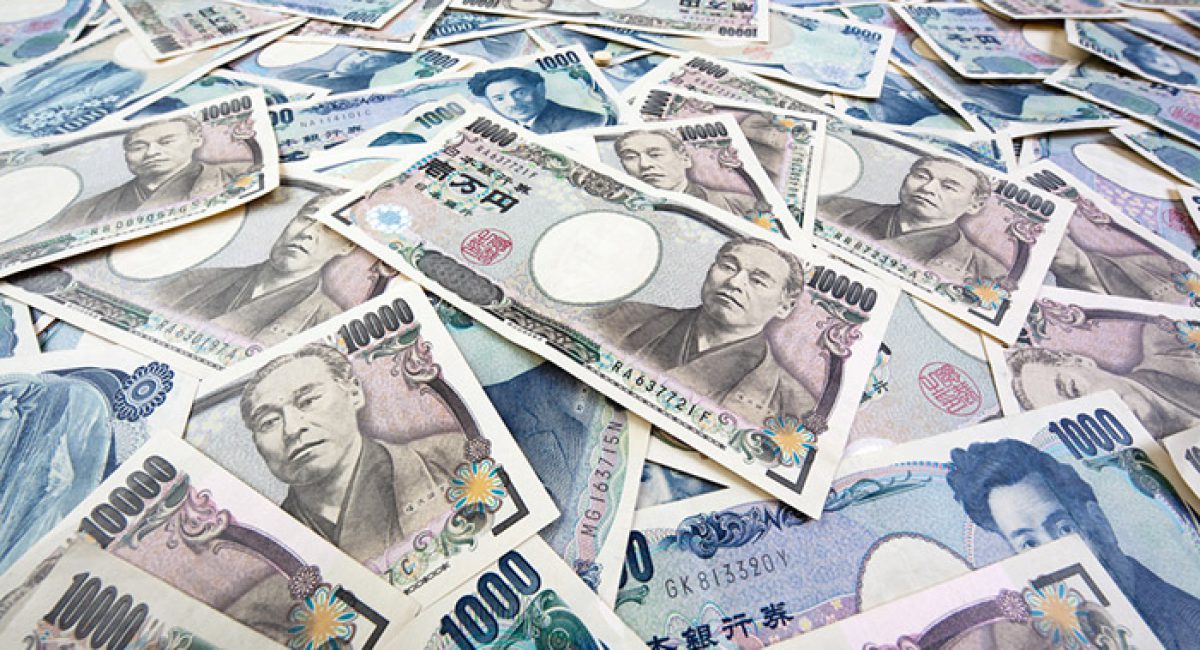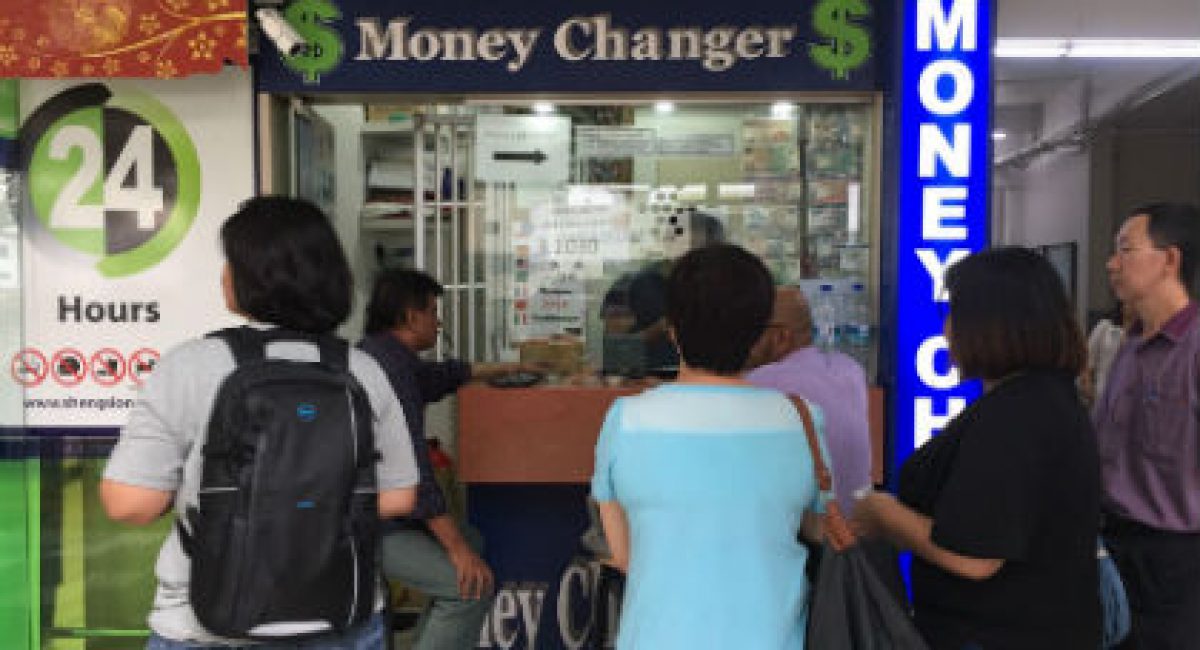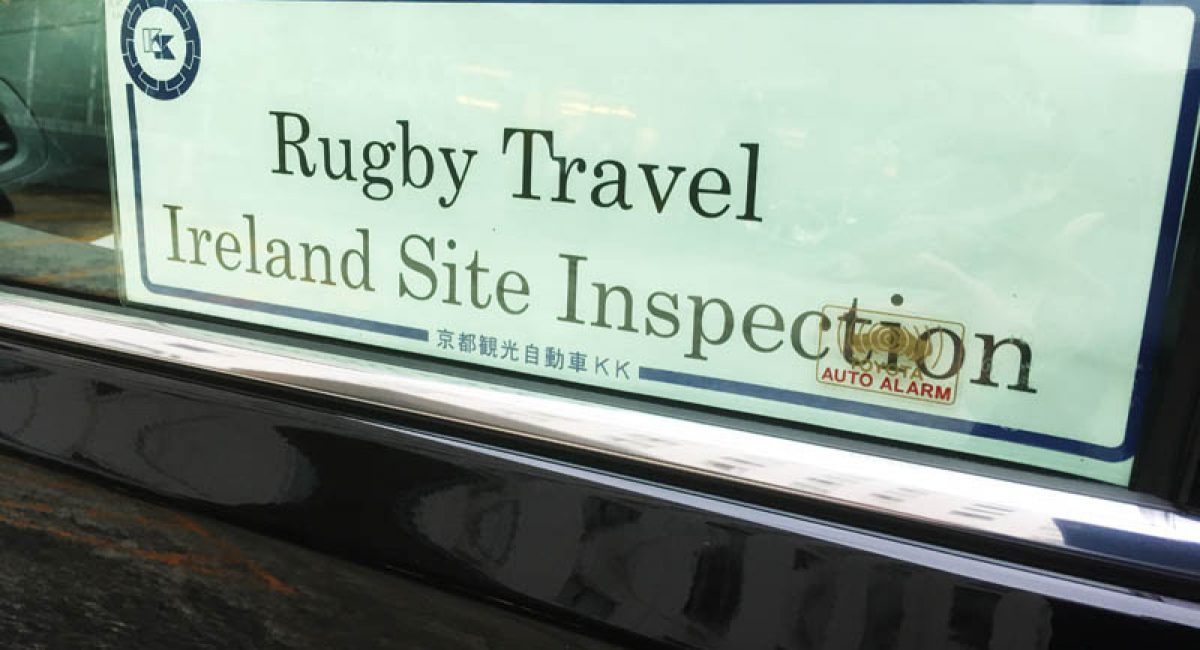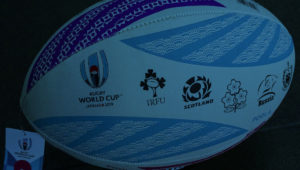Money in Japan
The Japanese currency is the Yen. Notes come in 1,000 yen, 2,000 yen, 5,000 yen and 10,000 yen denominations. Coins come in 1 yen, 5 yen, 10 yen, 50 yen, 100 yen and 500 yen denominations. Counterfeit money is not an issue in Japan. Foreign currencies are generally not accepted outside of major international airports.
Exchange Rate
At the time of writing €1 Euro would get you Y130 and £1 Sterling would get you Y150.
Payment Methods in Japan
Japan has a reputation of being a cash-based society, but trends have gradually been changing, and there has been a significant increase in the acceptance of other payment methods. Below are the modes of payment that you might use when visiting Japan:
Cash
Cash is still the preferred payment method, especially when it involves small amounts. Big bills are readily used and accepted in Japan; you are unlikely to be frowned upon for using a 10,000 yen bill to pay even for low-cost items, although smaller denominations are appreciated for payments made in taxis, smaller shops, temples and shrines. The likelihood that credit cards are accepted decreases in small cities and towns, and thus it is advisable to keep cash at hand when visiting rural areas. Cash is usually the only way to pay for small entrance fees at tourist sights, at smaller restaurants and small shops. The majority of lockers also require coins. Preparing coins in advance when using buses and trams is a good idea. Buses generally do not accept bills above 1000 yen, and the bus driver may not carry any larger bills. The ever popular vending machines typically accept 10, 50, 100 and 500 yen coins and 1,000 yen bills. Newer machines typically also accept 5,000 and 10,000 yen bills.
Credit/Debit Cards
On our site visit we used our debit and credit cards regularly without a problem. Most department stores, mid to high end restaurants, outlet malls and large retail shops accept payment by credit card. In addition, many train stations, convenience stores, supermarkets, chain restaurants and boutiques also accept them.
1 EUR = 131 JPY
1 GBP = 150 JPY
How to Get Your Yen
Having seen the main payment methods in Japan, you should have a basic idea of how you should prepare money for your trip. Cash is handy because it is accepted under all situations, but credit cards can be a convenient alternative at appropriate locations.



Currency Exchange
In Japan, currency exchange is usually handled by banks, post offices, some larger hotels and a handful of licensed money changers found especially at international airports. We recommend that you order some yen with your bank before you travel and then bring a credit/debit card on tour. Theft and robberies are very rare in Japan, so with regards to keeping large amounts of cash with you, security is less of a concern than your propensity to lose money by accident.
ATM Withdrawal
Some ATMs in Japan do not accept cards that are issued outside of Japan. The big exception are the ATMs found at the over 20,000 post offices and over 10,000 7-Eleven convenience stores across the country. Exchange rates offered at ATMs tend to be competitive, but service fees vary widely depending on the card. Inquire with your card issuer in advance.
*Note that many ATMs in Japan are out of service during the night, and some are unavailable on weekends.




